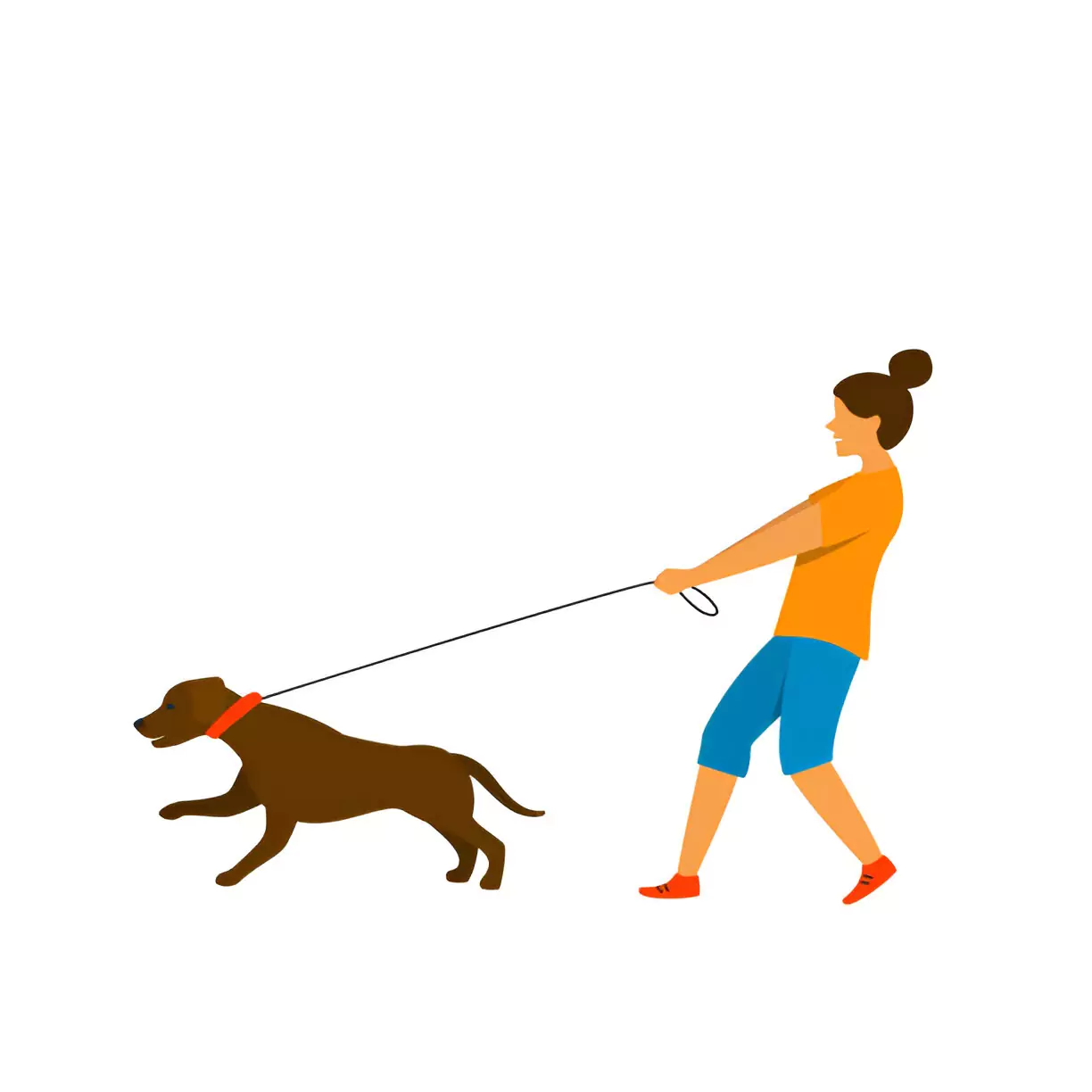Excessive Dog Barking: Causes, Prevention, and Training Tips

Strong 8k brings an ultra-HD IPTV experience to your living room and your pocket.
Barking is a natural form of communication for dogs, but when it becomes excessive dog barking, it can cause frustration for owners and neighbors alike. Understanding why your dog barks excessively and implementing the right training techniques can help you manage this behavior effectively.
Why Do Dogs Bark Excessively?
There are several reasons why a dog may bark too much. Identifying the cause is the first step toward finding a solution.
1. Attention-Seeking Behavior
Dogs may bark to gain your attention when they are bored, hungry, or simply want to play. If they realize that barking gets them what they want, they will continue doing it.
2. Lack of Exercise and Mental Stimulation
A dog that doesn’t get enough physical activity or mental engagement can become frustrated, leading to excessive barking. Active breeds, like Border Collies or Labradors, especially need regular exercise to stay calm.
3. Territorial or Protective Instincts
Dogs have a natural instinct to protect their territory. If they perceive a threat—whether it’s a passing stranger, another dog, or even a car—they may bark excessively to warn you.
4. Separation Anxiety
Some dogs suffer from separation anxiety, barking excessively when left alone. This type of barking is often accompanied by destructive behavior, whining, and restlessness.
5. Fear or Phobias
Loud noises like thunderstorms, fireworks, or even vacuum cleaners can trigger barking out of fear. Some dogs also react to unfamiliar sights, smells, or people.
6. Medical Issues
If your dog suddenly starts barking more than usual, it could be due to pain, cognitive dysfunction (common in senior dogs), or other medical conditions. A vet check-up can help rule out health concerns.
How to Stop Excessive Dog Barking
1. Identify the Cause and Remove Triggers
Understanding what triggers your dog's barking is key. If your dog barks at passersby, closing the curtains or using a privacy fence can reduce the stimulus.
2. Provide Adequate Exercise and Mental Stimulation
A well-exercised dog is less likely to bark excessively. Activities like long walks, fetch, agility training, or interactive puzzle toys can keep your dog occupied and prevent boredom-induced barking.
3. Train the "Quiet" Command
Teaching your dog the “quiet” command can be extremely useful. Here’s how to do it:
Wait for your dog to start barking.
Say "quiet" in a firm but calm voice.
When your dog stops barking, immediately reward them with a treat and praise.
Repeat consistently until your dog learns to associate the command with stopping barking.
4. Avoid Reinforcing Barking Behavior
If your dog barks for attention, avoid giving in. Don’t pet, talk, or look at your dog when they bark unnecessarily. Instead, reward them when they are calm and quiet.
5. Desensitize Your Dog to Triggers
If your dog barks at specific triggers (e.g., other dogs, doorbells, or loud noises), gradually expose them to these stimuli in a controlled environment. Reward calm behavior and increase the intensity of exposure over time.
6. Use Positive Reinforcement, Not Punishment
Avoid harsh methods like shock collars or yelling, as these can increase anxiety and make barking worse. Instead, focus on rewarding your dog when they remain quiet in situations that typically trigger barking.
7. Manage Separation Anxiety
For dogs with separation anxiety, crate training, calming music, or interactive toys can help. Gradual desensitization—leaving for short periods and increasing the duration over time—can also make a difference.
8. Seek Professional Help if Needed
If your dog’s barking is severe or unmanageable, consider working with a certified dog trainer or a veterinary behaviorist. They can develop a tailored training plan for your dog's specific needs.
Final Thoughts
Excessive dog barking can be challenging, but with the right approach, patience, and training, you can significantly reduce unnecessary barking. Start by identifying the cause, using positive reinforcement, and ensuring your dog has enough mental and physical stimulation.
A quiet and well-behaved dog makes for a happier home—and a more peaceful neighborhood! 🐶💙
Note: IndiBlogHub features both user-submitted and editorial content. We do not verify third-party contributions. Read our Disclaimer and Privacy Policyfor details.



